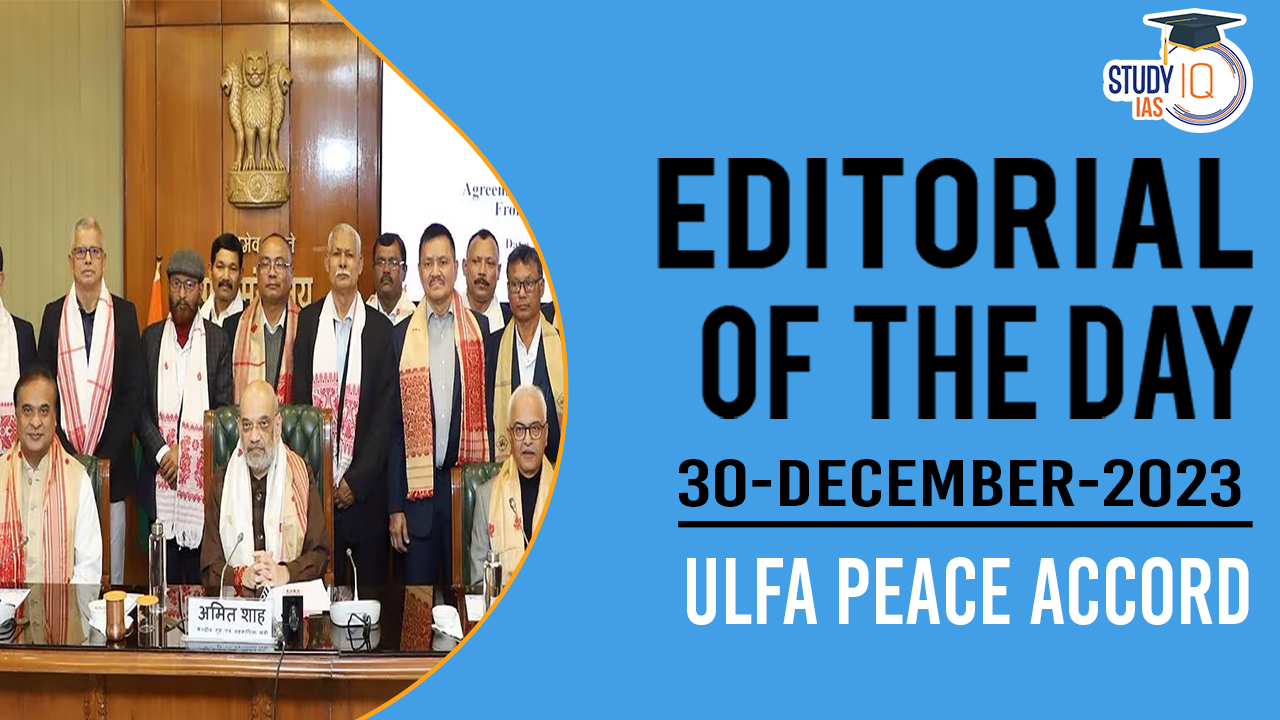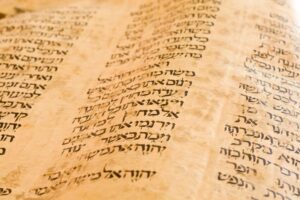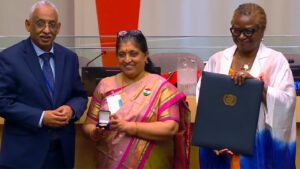Table of Contents
Context: The pro-talks faction of the United Liberation Front of Asom (ULFA) signed a historic tripartite peace deal with the Government of India and the state government of Assam.
About ULFA Peace Accord
- Formation of ULFA: The United Liberation Front of Asom (ULFA), a militant group, was established in Assam in 1979 by Paresh Baruah amidst the anti-foreigners movement.
- Internal Conflicts and Factions: The organisation experienced internal rifts leading to its division into several factions.
- Objective for Assamese Sovereignty: ULFA emerged with the aim of creating an independent state for Assamese people, partly as a reaction to the influx of Bengali speakers after the 1971 Bangladesh Liberation War.
- Step Taken by Indian Government: In 1990, the Indian Government declared ULFA a terrorist organisation under the Unlawful Activities (Prevention) Act.
- Ceasefire by Rajkhowa Faction: The Rajkhowa faction of ULFA entered into a ceasefire agreement with the United Progressive Alliance (UPA) government in 2011 and has been engaged in peace talks with the Central Government since then.
We’re now on WhatsApp. Click to Join
Key Points Of The Agreement
- ULFA representatives have agreed to cease violence.
- Of the 126 Assembly seats in Assam, 97 will be reserved for indigenous people.
- The government commits to investing ₹1.5 lakh crore in Assam.
- The Ministry of Home Affairs, Government of India, will develop a time-bound program to address ULFA’s demands, and a committee will be established to monitor its implementation.
Towards Peace
- Formation of People’s Consultative Group: In 2005, ULFA established an 11-member ‘People’s Consultative Group’ (PCG), including intellectuals and author Indira Raisom Goswami, to facilitate dialogue.
- Initial Talks and Subsequent Violence: The PCG mediated three rounds of discussions with the government, but ULFA abandoned the talks and initiated a new wave of violence.
- Efforts for Peace by Some Commanders: Starting in 2008, commanders like Arabinda Rajkhowa sought to renew peace negotiations with the government.
- Internal Split and Expulsions: Paresh Baruah, against peace talks, expelled Rajkhowa from ULFA in 2012. In response, the Rajkhowa-led pro-talk faction expelled Baruah, leading to a major split within ULFA.
- Creation of ULFA (Independent): Following the split, Baruah formed his own faction, ULFA (Independent), while the majority pursued peace talks under Rajkhowa’s leadership.
- Submission of Demands by Pro-Talks Faction: In 2012, the Rajkhowa-led faction presented a 12-point charter of demands to the central government.
- Peace Accord: In 2023, a round of discussions between Rajkhowa’s faction and the Centre followed, culminating in the tripartite peace agreement.


 India to Host First Global Conference on...
India to Host First Global Conference on...
 How Terror Networks Abuse Digital Tools
How Terror Networks Abuse Digital Tools
 United Nations Population Award 2025: Va...
United Nations Population Award 2025: Va...





















